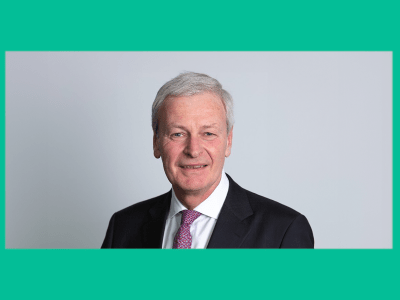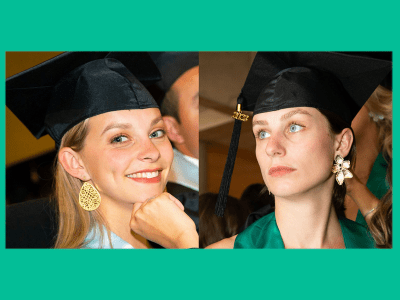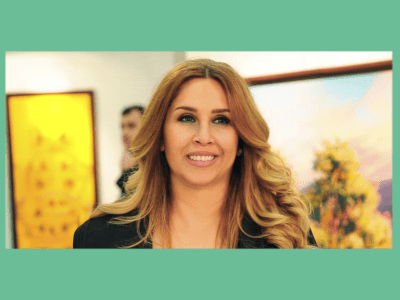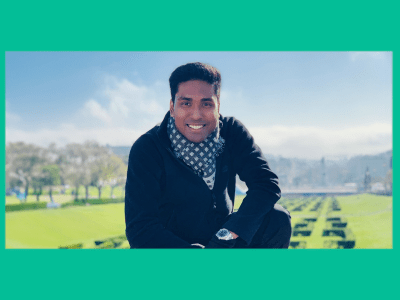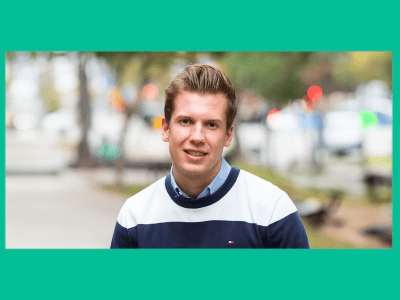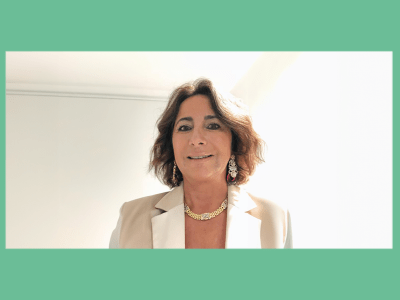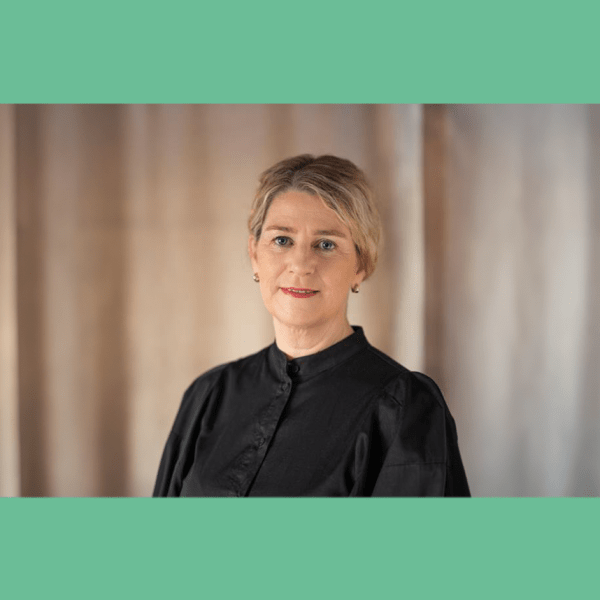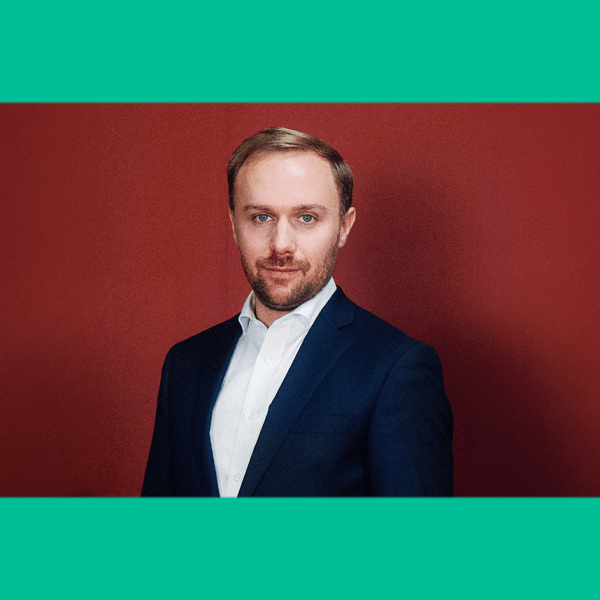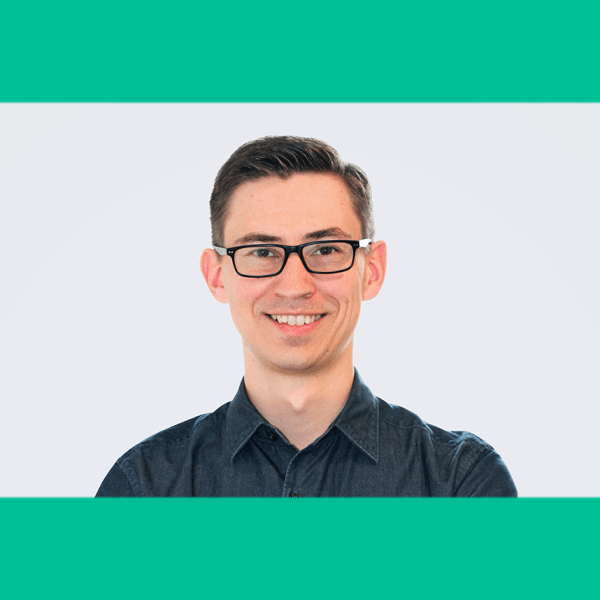EU Alumnus & Lecturer, Ugo Ikpeazu, on Monetizing Time
Ugo Ikpeazu is an academic at heart, having studied a BA in International Relations, MBA in Leadership, DBA at EU Business School’s Geneva Campus, as well as an MSc in International Management from the University of Roehampton. Although he is now based in Kuwait, we are pleased to have Ugo as part of our online faculty, where he shares his expertise in technology, leadership and business innovation.
When Ugo is not in the virtual classroom, he is reading history thrillers or skydiving, having already made 16 successful solo jumps. He also recently published his book, The Philosophy of Digital Currencies: A Theory of Monetizing Time, which explores the concept of time-based digital currencies.
What have you been up to since graduating from EU?
Once I finished my MBA studies, I did some consulting and research across West Africa. I then then started as an intern and later, a consultant, at Gavi, The Vaccine Alliance in Geneva, where I worked for about five years. My role focused on engaging with the private sector from the African continent. My objective was to look at how we could work with businesses to create innovative solutions for health systems, and later, worked in donor management for the Middle East and Africa. It was a great opportunity to contribute to a team and an interesting health intervention, especially during a pandemic. I also had the pleasure of leading or contributing to various initiatives in the private sector and non-profit sectors, ranging from infrastructure development projects to resource mobilization for NGOs working on social development.
Could you tell us about your book?
The book is the result of seven to eight years of thinking and tinkering. It started as a completely different project related to the monetization of time, but not as a digital currency. In 2018, a couple of years after the initial idea, I decided to dig into it by doing my DBA at EU. That research process helped me to refine the idea. Considering the success of my dissertation, I decided to turn it into a book.
What first interested you about digital currencies?
Before the evolution of the fintech sector and the explosion of blockchain technology, there were advancements in travel reward systems that first caught my attention. The growth of cryptocurrencies and the movement for decentralization were also important indications that society and technology were ready for something new.
What is time-based digital currency?
My argument is that everyone creates value in their own communities. The challenge most people face is that even though they’re creating value, there is no financial system immediately available to them that allows them to earn. The best example of this is in the informal economy, as you have people who have skills and expertise and who can create value by providing services, but there’s no cash getting to them. In informal economies and low-income communities, you often find people exchanging one service for another. There’s a lot of credit but very minimal cash flow. With that in mind, I thought: “What’s the most valuable thing we all have access to, regardless of where you are?” We all have access to time and recognize that it’s valuable, it’s easy to measure and it is the only thing that makes resources useful. If resources and skills are separated from time, nothing happens, but when you combine the two, over time they become something valuable. So, I thought it might be possible to create software that captures that process, turning every second you spend creating value into a digitally recorded currency, which can then be exchanged with people in your community for goods and services.
What do you hope to achieve with your research?
At the very least, I would like to get people thinking differently about how we use digital currencies to solve the challenges of poverty in its current form. At the other end of the spectrum, I would also like us to start thinking about what kind of digital currencies we would use if humanity expanded to live in outer space. We’re still going to have to trade and exchange value, and we will need some sort of currency to do that.
How can researchers ensure their work is accurate and reliable?
In addition to doing your own independent research, listening to the right people and having conversations with as many people as possible — not necessarily those you agree with or who are in your field — you must keep a very broad scope so that you are aware of what’s happening elsewhere and have access to different perspectives. Having people challenge your ideas will help you refine what you do.
You have worked extensively with West Africa. Why is it important to maintain this connection to home?
It is extremely important to maintain the connection because many parts of the developing world are suffering from brain drain. Many people with the experience and expertise are headhunted out of low-income economies, which when extreme, prevents these areas from developing as fast as they possibly could. It is great to get global experience, but equally important to contribute to diverse ecosystems.
What has being a lecturer taught you about today’s aspiring young businesspeople?
I have had some amazing students, who are highly intelligent and driven. Interacting with the students makes you realize that they have a completely different world to deal with and the tools they have access to are not the same as we had. It is exciting that they are in a position to shape the future of humanity.
What are the main takeaways you hope students gain from your classes?
A structured approach to problem solving. I would hope that whatever the class and whatever problem my students are faced with, they will know how to break it down into smaller pieces, which they work their way through to find their way out.
What were the main skills or concepts you acquired from EU?
A new way of thinking and pulling different ideas together. As we approached business from so many different perspectives, I was able to see things from a higher level which helped me to understand concepts by combining the industry perspective with current events. It helped me understand why things were happening in the world and what opportunities we could access as a result.
You did your bachelor’s, MBA and DBA at EU. What made you decide to continue your studies at the same school?
It was an easy decision. First, the people, because I met some really good friends there. Second, the approach to work and learning. The faculty members are business professionals and they teach the subjects in which they are working. This was a huge benefit in the research process as you could engage with them practically.
What was your experience of being a student in Geneva like?
Amazing! Geneva is a great city to live in. If you want to take advantage of the city, you need to be outgoing and not afraid to put yourself out there and meet people. There’s a lot going on and there are many different spaces available for students, together with the possibility to create their own spaces and discussions. Many of the organizations — whether public or private, international organizations or small NGOs — are always looking for innovative concepts and approaches. Geneva is a hub for ideas, so don’t be afraid to share yours and test them out.


